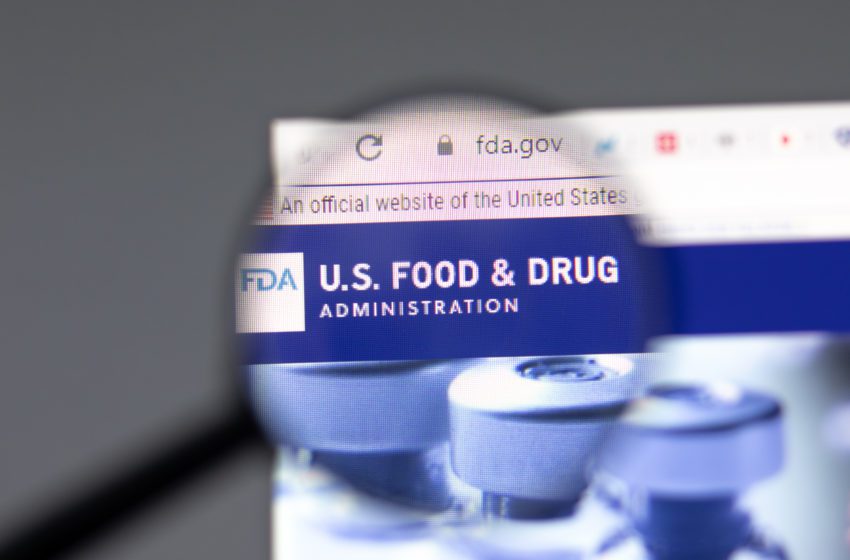Mitch Zeller, the much-maligned former head of the U.S. Food and Drug Administration’s tobacco center has joined the advisory board of a company developing a first-of-its-kind smoking cessation inhalation product.
Zeller said Qnovia’s nicotine inhalation product, RespiRX, has the potential to be a “game changer” in lowering the use of combustible cigarettes.
The former director of the Center for Tobacco Products (CTP) from March 2013 until his retirement in April 2022, Zeller is now providing policy and regulatory strategy consulting to Qnovia, Inc.
The company is currently preparing an application to the FDA’s Center for Drug Evaluation and Research (CDER) for a cessation therapy which, if approved, will be the first inhaled prescription therapy to help tobacco smokers quit.
Zeller’s addition to the company’s advisory board comes as the FDA aims to finalize proposed bans on menthol cigarettes and flavored cigars by August. The FDA also plans to propose a rule limiting nicotine levels in cigarettes and some other tobacco products.
Zeller said access to Qnovia’s product can be one essential tool along with an administration-wide effort to provide support to those with nicotine addictions once those product standards take effect.
“Some people will be able to quit cold turkey, but a whole bunch won’t, and they will be seeking nicotine elsewhere,” Zeller said in an interview, told Bloomberg Law.
“The last thing that we want smokers to do if any of those policies go into effect is to simply switch to another tobacco product,” he added.
Qnovia’s goal is for RespiRx to be the first inhaled prescription smoking cessation therapy product, according to Qnovia CEO Brian Quigley. Instead of using heat to create vapor, the RespiRx device uses an orientation-agnostic vibrating mesh nebulizer. The aerosolizing engine is nothing like a traditional e-cigarette that heats a coil to atomize nicotine based in PG and/or VG.
RespiRx is activated when a user inhales on the device. To aerosolize the nicotine, it sends an electrical current that causes the perforated piezo mesh to vibrate more than 100,000 times a second. “It’s that vibrating action of the mesh that then forces the liquid to the holes, creating an aerosol that appears vapor-like, allowing it to be inhaled,” says Quigley. That, he says, is fundamentally different from a traditional e-cigarette product, where the heating process can create undesired thermal byproducts.
RespiRx uses proprietary software to deliver a precise dose of nicotine. Every time it’s activated, the device fires for three seconds and delivers a targeted dose of the drug. The base is reusable and serves as the housing for the battery and software. The RespiRx nebulizer sits within the pod that houses the nicotine drug product.
“The nebulizing unit (cartridge) gets replaced by the patient every one to two days. That interface means that the patient doesn’t have to clean the nebulizer,” explains Quigley. “The biggest challenge with other vibrating mesh products is that they require cleaning if used over an extended period. We’re mitigating that through the design of the interface. There is no cleaning required. We do believe that this will result in RespiRx having a very long use life.”
Late last year, Qnovia raised $17 million to continue the development of its RespiRx nicotine replacement product.
In June of 2020, the company appointed Quigley, a 16-year veteran of Altria Group, as its Chief Operating Officer. At Altria, Quigley served as CEO of its smokeless tobacco business from 2012 to 2018, a $2.3 billion business with over 800 employees,



















